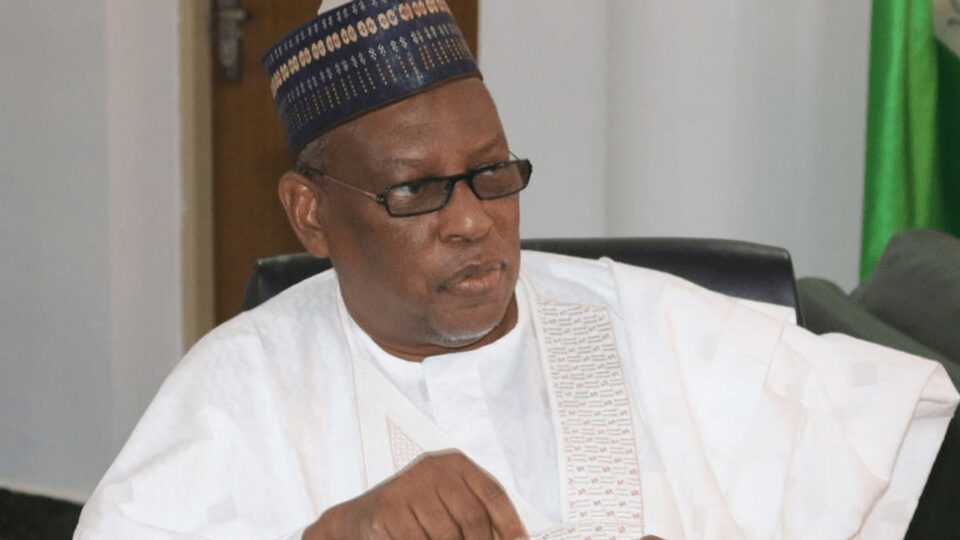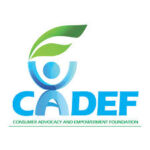By Felix Khanoba
The Universal Basic Education Commission (UBEC) has identified lackadaisical attitude towards implementing the language policy on the use of mother tongue in schools as one of the factors impeding the Sustainable Development Goals, SDGs, achievement in Nigeria.
The Executive Secretary of Universal Basic Education Commission, UBEC, Dr Hamid Bobboyi, said this at a stakeholders meeting in Abuja on Monday.
The two-day stakeholders meeting is themed “Dialogue on Reading Initiative in the UBE Programme and the Use of Mother Tongue/Language of Immediate Environment as Medium of Instruction,”
According to the UBEC boss, Nigeria is experiencing a severe learning crisis that requires immediate action to address.
Mr Bobboyi stressed that if the learning crisis was not immediately addressed, it would hinder Nigeria from achieving the Sustainable Development Goals, SDGs.
The UBEC boss cited a report by the National Bureau of Statistics, and the UNICEF on the learning and basic education in Nigeria.
The report, according to him, said that approximately three out of four children of basic education age, six to 14 years, in Nigeria could not read a text or solve simple mathematics problems.
He noted that several interventions by the Federal, State Governments and International Development Partners had been made to address the endemic issue, adding, “in spite of the huge resources expended, the challenge remains.
“Several factors include lack of access to instructional materials, especially on the language of the immediate environment, poor teaching quality and insufficient parental guidance.
“Others include lackadaisical attitude of states towards implementing the language policy on the use of mother tongue/ language of immediate environment as medium of instruction in the lower classes in Basic Education.
“It should be stated that fundamental learning is critical to the development of productive citizenship, sustainable development, national cohesion, as well as peace and prosperity.
“The call for dialogue on these important issues cannot therefore be overemphasized.”
According to him, UBEC is concerned about the Learning Crisis but we are undaunted by the challenge and that is why we are frontally confronting the situation.
“One of our strategies is harvesting ideas from stakeholders and using them to prepare roadmaps for turning things around”.
He, therefore, urged stakeholders at the dialogue to frankly discuss and come up with actionable steps that would not only help UBEC but all stakeholders in ameliorating the situation.
In his keynote address, the Executive Secretary of Nigeria Educational Research and Development Council, NERDC, Prof. Ismail Junaidu, called for the implementation of the National Language Policy.
Mr Junaidu disclosed that the policy, which prescribes the use of mother tongue or language of immediate environment as medium of instruction in basic schools was approved in 2022 and allows the use of mother tongue to teach even up to primary six.
While stating that no language should be left out, he said over 60 language autography, or writing systems, have been developed.
Mr Junaidu added that after developing their autography, the curriculum for teaching the language needs to be developed also for implementation.
He called on communities as custodians of the culture, to step in and complement the effort of government, adding that the council was ready to provide technical assistance to all languages.
The NERDC boss, however, lamented the apathy and lack of political will as well as shortage of language teachers, low capacity and inadequate funds to implement the policy.
He called on relevant bodies to intensify sensitisation, produce more instructional materials, build capacity of teachers and implementing partners, as well as ensure partnership between agencies and development partners for proper implementation of the policy.
On his part, UNICEF Education Manager, Munamuzunga Sikaulu, stressed that Nigeria’s exit from the learning crisis will be a product of actions.
He, therefore, called on stakeholders to come up with ideas that will help the delivery of basic education to the Nigerian child.
Mr Sikaulu noted that the use of mother tongue or the language of immediate environment would improve the motivation of the teachers and students to provide instruction and ensure that learning takes place.



